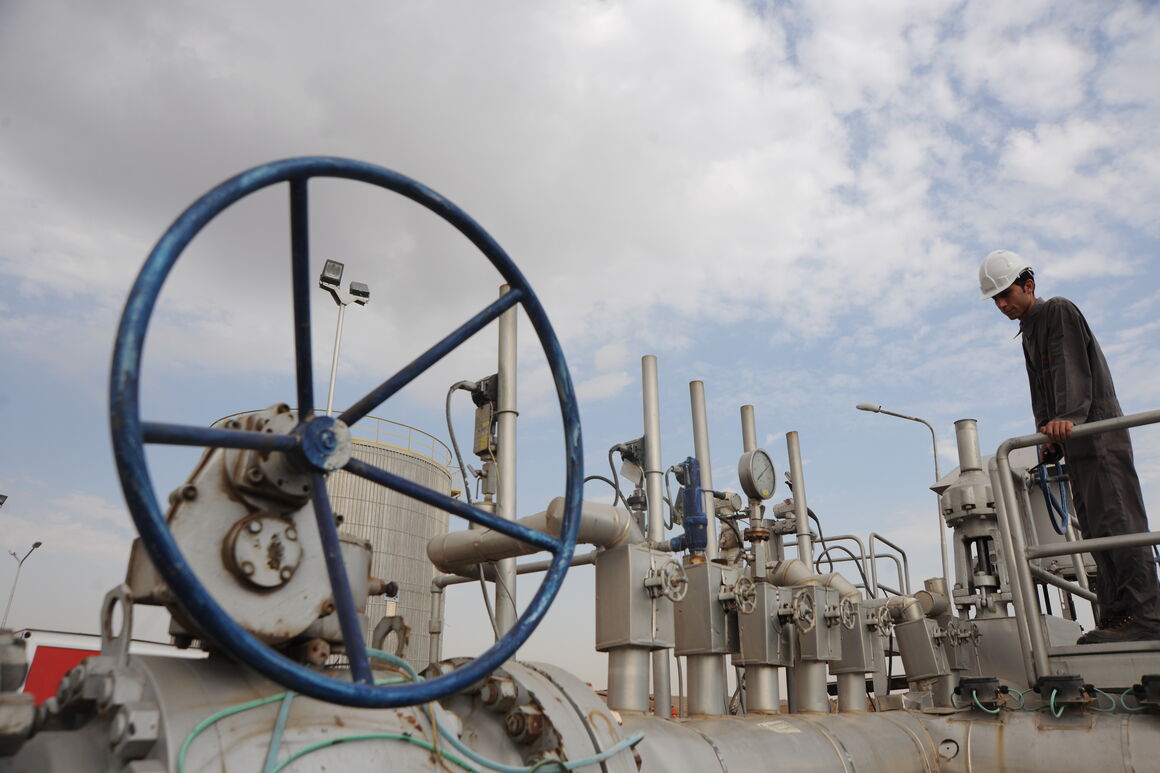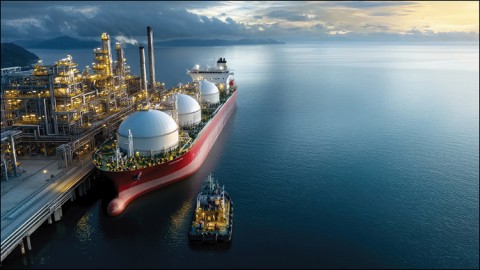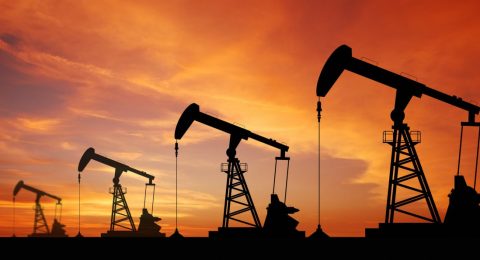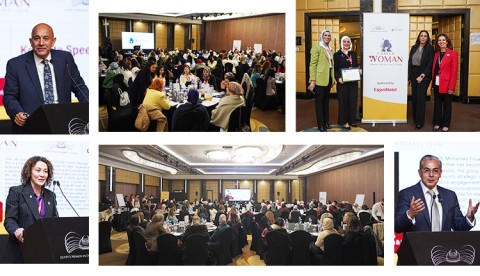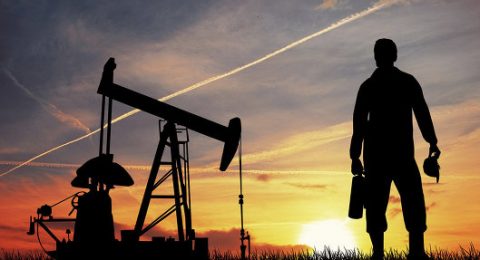Iraq has reached self-sufficiency in gas, oil, and kerosene in addition to increasing the production of petroleum derivatives at a rate of 360,000 barrels per day, according to the Deputy Prime Minister for Energy Affairs and Minister of Oil, Hayan Abdul Ghani.
He also revealed the opening of two gas processing projects in Halfaya field in Maysan and the Azmara unit project in Basra by Prime Minister Muhammad Shiaa Al-Sudani, which falls within the government’s plans to increase gasoline production and stop burning gas.
“Sufficiency has not only been achieved, but we have quantities of up to 1.2 million barrels of gas prepared for export, and this is happening for the first time. The ministry is currently focusing to achieve self-sufficiency in gasoline and stop its import and the opening of the Azmara unit today by the Prime Minister in Basra, which will add 1,300 cubic meters of gasoline,” said Abdul Ghani.
Iraq plans to end gas flaring and converting associated gas into productive energy by 2028 or early 2029.
Abdul Ghani referred to contracts signed with international companies, including a deal with French company Total and Qatar Gas Company, to develop gas from five oil fields: Majnoon, West Qurna 2, Al-Lhais, Tuba, and Artawi. These projects are set to increase gas production in two phases, ultimately reaching a total of 600 million cubic meters per year (mcm/d) within five years.
Abdul Ghani further highlighted other promising projects in Dhi Qar Governorate, including an agreement with the American company Baker Hughes to develop gas resources in the Nasiriyah and Al-Gharraf fields, with a potential output of 200 million cubic meters.
Additionally, a contract recently signed with the Halfaya Company to develop gas from the Nahr Bin Omar field with a capacity of 150 million standard cubic feet per day (mmscf/d), which could be increased to 300 mmscf/d. There is also a gas processing project in the Halfaya field, which was inaugurated by Prime Minister Muhammad Shiaa al-Sudani, with a capacity of up to 300 mmscf/d.
Regarding the oil derivatives, Abdul Ghani revealed the increase in refining capacity by 360,000 barrels per day. This includes the Karbala refinery with a capacity of 140,000 barrels, the North Refinery in Baiji at 150,000 barrels per day, and the fourth unit in the South Refineries Company, which adds 70,000 barrels to the daily output.
